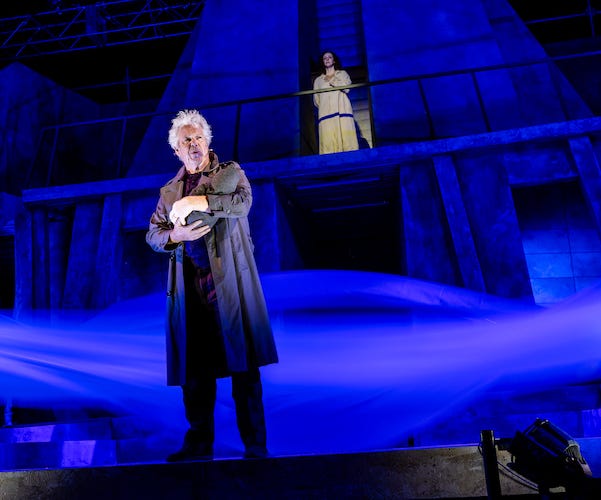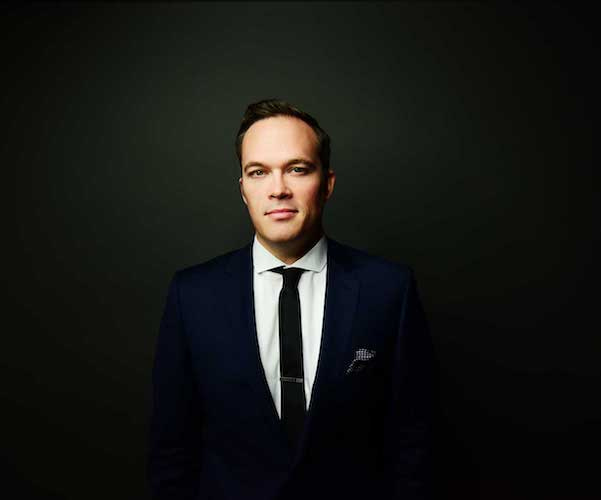The Arts Fuse Newsletter, July 31
Mid-Year Jazz Critics Poll, Commonwealth Shakespeare Company's Warm-Hearted "Winter's Tale," The Spot-On Look of the Olympic Games, and Vocalist/Pianist Ben Sidran -- "Rainmaker"
From The Editor's Desk:
One of the finest American writers of the 20th century, William H. Gass, would have turned 100 yesterday. (Born in Fargo, North Dakota, he died in 2017 at the age of 93. Vincent Czyz wrote this for the Fuse after the “wizard of the word” passed.) Doubters should immediately turn to Gass’s 1968 short story collection In the Heart of the Heart of the Country ( read“The Pedersen Kid” — a masterpiece), followed by his 1966 novel, Omensetter’s Luck, then to his 1998 collection of novellas, Cartesian Sonata (it contains Robert Coover’s favorite Gass yarn, “Emma Enters a Sentence of Elizabeth Bishop’s”) and finally to 1996’s massive poetic probe of a neo-Nazi sensibility in the American heartland, The Tunnel. These are the standouts, for me, among Gass’s seven volumes of fiction. A Professor of Philosophy at Washington University, he was also a mental- muscular-to-the max literary critic/theorist, publishing nine volumes of essays. For those who like dipping in and out of heady selections of fiction and nonfiction, there’s the 906 page The William H. Gass Reader.
Gass has been an undervalued, even denigrated, literary artist for many reasons. He was one of the more aggressive proselytizers of a generation of prose maximalists, high priests of the sentence, which included Coover, Stanley Elkin, William Gaddis, Paul West, John Barth, and Thomas Pynchon. These writers scoffed at conventional beliefs about the appeal of plot and character, morality and manners. They idolized language as an end itself, raising prose to a hyper-purply pitch. Barth recognized a kindred soul in Omensetter’s Luck after he was delighted by the images Gass used to describe a midwestern country picnic: “all kinds of containers sat about the table in sullen disconnection. Some steamed despite the hot day; others enclosed pools of green brine where pickles drowsed like crocodiles.” Pickles drowsed like crocodiles … the real deal.
At its best, Gass’s fiction pulls off a shotgun marriage: Vladimir Nabokov’s aesthetic tingle meets the linguistic insularity of Gertrude Stein. His prose was tailored to be as exhilarating as it was difficult. His vision of the world was generally bleak: “the evil that men do every day far outweighs the good — the goods being great art and profound knowledge scientifically obtained.” Gass asked that writers be true to their idyllic calling: to hosanna the imagination via the inventive power of language. That was an endearing good in itself: “the aim of the artist ought to be to bring into the world objects which do not already exist there, and objects which are especially worthy of love …Works of art are meant to be lived with and loved, and if we try to understand them, we should try to understand them as we try to understand anyone — in order to know them better, not in order to know something else.”
—Bill Marx, Editor-in-Chief
Jazz Feature: Diversity Brings Riches — A Mid-Year Jazz Critics Poll
By Tom Hull
Any survey of new jazz will show the broad range of creation being produced by an extraordinary diversity of musicians. That’s because jazz has spread all around the world, bringing us together in peace (and sometimes even harmony).
Theater Review: A Warm-Hearted “Winter’s Tale”
By Bill Marx

A relaxed, humane kindness shines through the Commonwealth Shakespeare Company’s staging of Shakespeare’s hymn to reconciliation.
Design Commentary: The Look of the Olympic Games — Paris 2024
By Mark Favermann
Tastefully colorful and aesthetically pleasing, stylish as well as minimalist, modern yet richly symbolic, the Look of the Paris 2024 Olympic Games got many things right and a few wrong.
Jazz Commentary: String Quartet Omnibus, 2024
By Steve Elman
Three recent projects -- the musicians involved include FLUX Quartet, Oliver Lake, Ryan Truesdell, and Wadada Leo Smith -- that offer some fascinating examples of the futility of genre pigeonholes and some muscular engagements by “jazz” composers with the string quartet.
Musician Interview: Veteran Vocalist/Pianist Ben Sidran on Expanding the Aural Horizon in “Rainmaker”
By Steve Provizer
“Popular music in America is already so formulated and dumbed-down that the fear of AI making it more trivial is probably beside the point.”
Film Review: Tongues are Untied in “Kneecap”
By Peter Keough
A frenetic, funny, foul-mouthed, and sometimes facile testament to the fact that language matters.
Help Keep The Arts Fuse Lit!
Precious few independent online arts publications make it to double digits. Please give us the resources the magazine needs to persevere at an essential cultural task.
Keep the Fuse lit and support our 70+ writers by making a donation.
The Arts Fuse also needs underwriting for the magazine to continue to grow.
And…tell your friends about the in-depth arts coverage you can’t get anywhere else.
Questions, comments, concerns?
Editor-in-Chief
Bill Marx
wmarx103@gmail.com













